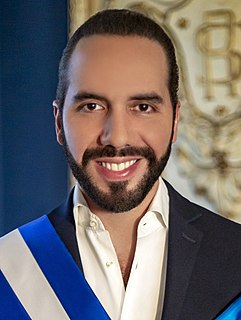A Quote by Duncan Green
You have a huge number of people who spend their time writing papers which show that migrants pay more to the country than they take out in benefits, and they say, "Why don't you approve of migration? Why don't you open up borders?" They're not able to empathize with how people feel about migration.
Related Quotes
It's the invincible arrogance of Europe's elites that gets me. These are people who have seen the euro collapse. These are people who are presiding over a migration crisis on their borders, and yet do they ever acknowledge that they need to change? No. They say they need more integration, more of our money, more control over this country.
Canada is lucky enough to be protected both by oceans and by a southern neighbor that is very careful about its migration and its borders. So, we don't have the irregular flow that Europe has been having to deal with. But because of that, people here have seen that welcoming people, helping them to integrate, is actually a tremendous benefit to local economies. It creates jobs, innovation and opportunity. One of the things that comes with that, though, is stemming the flow of irregular migration. But you can't just create barriers - you also have to work with the countries of origin.
Authorities that erect major obstacles to migration - or place severe restrictions on migrants' work opportunities - inflict needless economic self-harm, as they impose barriers to having their labor needs met in an orderly, legal fashion. Worse still, they unintentionally encourage illegal migration.
We have to look at levels of migration. We are in a world that is quite chaotic. Some people are really frightened about it. Some people are quite despairing. They don't believe our country is capable of providing a good quality of life. That feeds into why people voted Ukip and induces a culture of despair.
I think a lot about race and the burdens of representation. There's an idea that because I'm writing a book set around the time of the Great Migration, and happen to be black, I'm trying to write a definitive account of the Great Migration, the so-called "black experience." That's not what I'm doing, and it can be frustrating.
The No. 1 question I get is, "Do you believe in an open-borders policy?" I'm like, wait a second: What does that really mean? When you say open-borders policy, do you mean that - this is like the US-Mexico border? We put up a sign that says "Keep Out," then 10 yards in we say, "Job Wanted." Is that what people mean by open borders? So that usually shuts people up. But that's the truth.
































